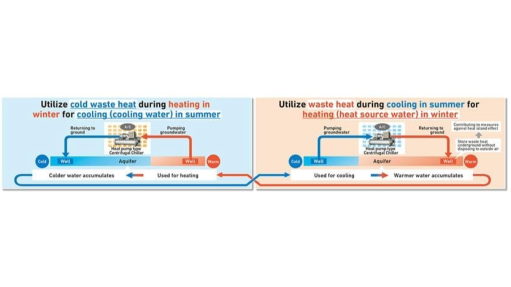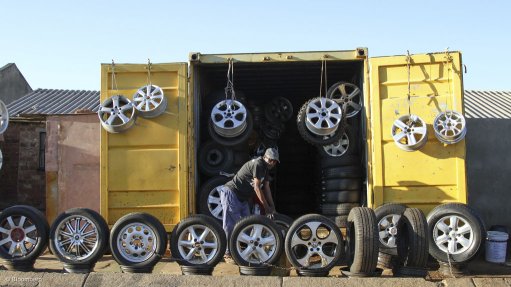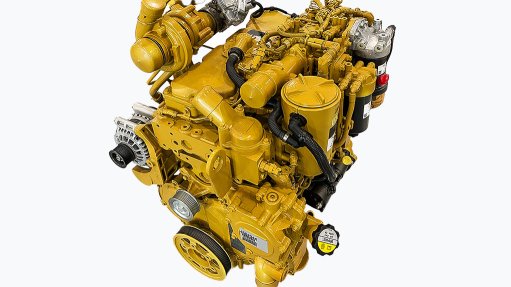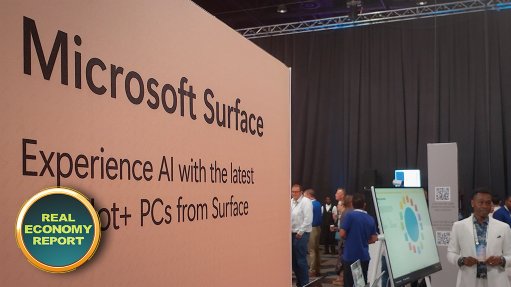Polymer plastic waste management among the challenges facing African recyclers
Waste management is one of the biggest challenges faced by the African recycled polymer supply chain and the continent’s waste management challenges urgently need to be dealt with, says Independent Commodity Intelligence Services (ICIS) plastic recycling analyst Carolina Holland.
In an insight piece distributed on September 3, Holland explains how population growth rates are over 2% a year and that the consequent increase in consumption of plastic packaging makes polymer the largest fraction of waste after organic waste.
The majority of Africa’s population has no access to kerbside collection nor a formal waste collection system and relies heavily on waste pickers in the informal sector for waste collection and sorting, she points out.
According to industry estimates, 90% of waste still ends up in landfill or illegal dumping sites, while some waste is even burned in the open.
However, while 34 African governments have implemented or are planning to implement different types of plastic bans, many of these target plastic bags only.
To tackle the rise in plastic waste generation, extended producer responsibility (EPR) initiatives in Kenya, Ghana and Nigeria, besides other countries, are further encouraging recycling.
The most recent such programme is an EPR scheme being implemented in South Africa, and which is applied to all companies importing or manufacturing plastic packaging for distribution from May 5, this year.
Holland says recycled content targets for plastic packaging set by legislation in some regions, coupled with consumer pressure, are pushing brands who operate in multiple regions to set sustainability pledges at a global level.
“These fast-moving consumer goods (FMCG) brands are also looking for supplies of high-quality recycled plastic in Africa, particularly for polyethylene terephthalate (PET), polyethylene (PE) and polypropylene (PP) packaging,” she comments.
The ICIS Mechanical Recycling Supply Tracker has identified just under 50 mechanical plastic recycling plants for PET, PE and PP in the African region with a total capacity of over 370 000 t/y for post-consumer and post-industrial waste feedstocks.
Holland says about 55% of the recycling capacity is allocated to recycling PET, and the majority of the polyolefin recycling capacity is allocated to PE.
However, in 2020, production of recycled PET, PE and PP represented only 3% of total virgin and recycled PET, PE and PP consumption in the region.
The African plastic recycling industry is, therefore, “very fractured and fluid”, with players entering and exiting the market frequently, Holland says, noting that end markets are also less well established in the region for the different grades of recycled plastic, further slowing the growth of the recycling industry.
Owing to the lack of end markets for recycled material, the majority of recyclers located in the northern part of Africa export a lot of their recycled product to Europe where demand for recyclate is much higher than in the domestic market, she notes.
High-quality recycled plastics require high-quality post-consumer waste feedstocks, which comprises 81% of PET, 49% of PE and 67% of PP capacity in Africa.
Food and beverage brands looking to meet their sustainability targets also need the highest-quality food-grade recycled material, suitable for food contact applications. Most PET is recycled from beverage bottles, however, Holland says this currently feeds mainly into the fibre industry in Africa.
There are three PET recyclers with US Food and Drug Administration (FDA) Letter of No Objection and EU European Food Safety Authority (EFSA) positive opinion, in Morocco, Egypt and South Africa, processing 21% of post-consumer PET feedstocks in the region.
Announced expansions in 2021 and 2022 will see food-grade recycled PET (R-PET) capacity increase by up to 40 000 t/y, which Holland says looks to meet the demand for high-quality recyclates from both inside and outside the region.
“Up until 2018, Africa was a net exporter of plastic waste, with China being the number one destination. In January 2018, China implemented its National Sword Policy banning imports of plastic waste into the country. Since then, plastic waste exports from Africa have dropped: 2019 volumes were only 45% of what was exported in 2017, and [that decreased further to] 17% in 2020,” she states.
“Access to this plastic waste is an opportunity to develop the plastic recycling industry within the region rather than the current focus on trade outside the region.”
Holland notes that investment in infrastructure will help to improve collection and sorting, increase recycling capacity and building end markets for recyclates in the domestic market.
“The European recycling market is facing a shortage of quality feedstock material and attracts African recycled polymer suppliers to be net exporters. However, the recycled material must still meet quality and traceability requirements of such markets. In meeting the quality standards for export markets, this will naturally help develop the value of African recycling materials and markets,” she says.
Considering that South Africa is often viewed as the most developed country in the region for circular plastics, the ICIS Recycling Supply Tracker has identified just under 20 PET, PE and PP recycling plants in the country, the highest number in any African country, followed by Nigeria and Egypt.
South Africa was also the first country to have an R-PET recycler with EFSA positive opinion in 2015.
However, owing to the location of the country, focus has been on the domestic recycling market as trade to other regions has not been as attractive, unlike other markets such as Egypt and Morocco.
Therefore, Holland says South Africa has tended to lead the region in working towards a circular economy.
PET Recycling Company (PETCO) is an example of industry-led collaboration in South Africa, co-created and funded by industry members, including Coca-Cola.
Comments
Announcements
What's On
Subscribe to improve your user experience...
Option 1 (equivalent of R125 a month):
Receive a weekly copy of Creamer Media's Engineering News & Mining Weekly magazine
(print copy for those in South Africa and e-magazine for those outside of South Africa)
Receive daily email newsletters
Access to full search results
Access archive of magazine back copies
Access to Projects in Progress
Access to ONE Research Report of your choice in PDF format
Option 2 (equivalent of R375 a month):
All benefits from Option 1
PLUS
Access to Creamer Media's Research Channel Africa for ALL Research Reports, in PDF format, on various industrial and mining sectors
including Electricity; Water; Energy Transition; Hydrogen; Roads, Rail and Ports; Coal; Gold; Platinum; Battery Metals; etc.
Already a subscriber?
Forgotten your password?
Receive weekly copy of Creamer Media's Engineering News & Mining Weekly magazine (print copy for those in South Africa and e-magazine for those outside of South Africa)
➕
Recieve daily email newsletters
➕
Access to full search results
➕
Access archive of magazine back copies
➕
Access to Projects in Progress
➕
Access to ONE Research Report of your choice in PDF format
RESEARCH CHANNEL AFRICA
R4500 (equivalent of R375 a month)
SUBSCRIBEAll benefits from Option 1
➕
Access to Creamer Media's Research Channel Africa for ALL Research Reports on various industrial and mining sectors, in PDF format, including on:
Electricity
➕
Water
➕
Energy Transition
➕
Hydrogen
➕
Roads, Rail and Ports
➕
Coal
➕
Gold
➕
Platinum
➕
Battery Metals
➕
etc.
Receive all benefits from Option 1 or Option 2 delivered to numerous people at your company
➕
Multiple User names and Passwords for simultaneous log-ins
➕
Intranet integration access to all in your organisation


















